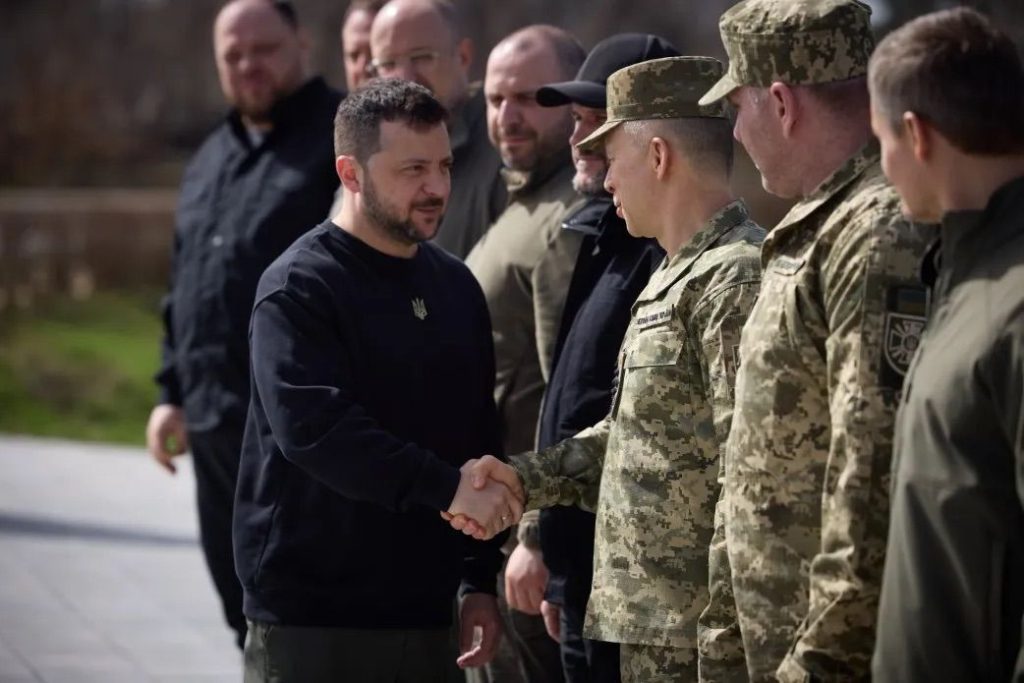Ukrainian President Volodymyr Zelensky has made a dire plea to the U.S. Congress, stating that Ukraine will lose the war against Russia if it does not receive military aid. Zelensky emphasized the importance of this aid for Ukraine to survive and prevent Russia from capturing more territory. He warned that if Ukraine falls, other states may be at risk of being attacked as well. Despite Zelensky’s repeated calls for support, the aid bill has faced delays in Congress, with House Speaker Mike Johnson promising to bring it to a vote soon with potential additions or modifications. However, there are signs of dissent among House Republicans, with some voicing opposition to providing aid to Ukraine.
The delay in U.S. aid to Ukraine dates back to fall 2023, as various versions of a foreign aid bill have been stalled due to disagreements over border security issues. Some House Republicans have refused to support the aid package, arguing against providing assistance to Kyiv. In February, a $95 billion aid package to Ukraine, Israel, and Taiwan passed in the Senate with bipartisan support, with a significant portion allocated to support Ukraine. The ongoing uncertainty surrounding the aid has raised concerns about Ukraine’s ability to defend itself against Russian aggression.
House Speaker Mike Johnson’s efforts to pass the aid bill face obstacles within the Republican party, with Congresswoman Marjorie Taylor Greene leading a motion to oust Johnson from his position. Greene’s move reflects broader divisions within the party regarding support for Ukraine. Johnson has acknowledged the need to build bipartisan consensus to move the bill forward and address concerns from dissenting Republicans. The political dynamics surrounding the aid bill underscore the complexities of U.S. foreign policy and national security interests in the context of the ongoing conflict between Ukraine and Russia.
Media reports suggest that former President Donald Trump has expressed a desire for Ukraine to cede Crimea and Donbas to Russia, raising questions about his stance on the conflict. Trump has claimed that he could end Russia’s war within 24 hours if elected president again, without detailing a clear strategy for achieving peace between Kyiv and Moscow. These statements have added another layer of complexity to the debate over U.S. assistance to Ukraine and the broader implications for regional stability. The role of former political figures like Trump in shaping U.S. foreign policy towards Ukraine highlights the ongoing challenges in navigating diplomatic relations and security concerns in the region.
The urgency of the situation in Ukraine has prompted President Zelensky to make direct appeals to Congress for military aid, underscoring the importance of international support in the face of Russian aggression. Zelensky’s warnings about the potential consequences of Ukraine losing the war resonate beyond the country’s borders, raising concerns about the broader implications for regional security. The need for a unified and decisive response from the U.S. and its allies in supporting Ukraine reflects the complex geopolitical landscape in Eastern Europe. As Congress grapples with the aid bill, the fate of Ukraine and the stability of the region hang in the balance, highlighting the critical role of international solidarity in addressing threats to peace and security.


